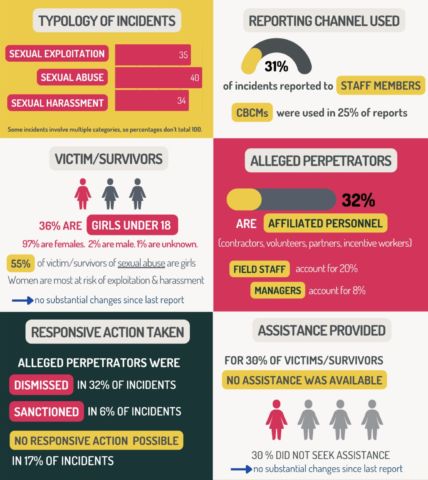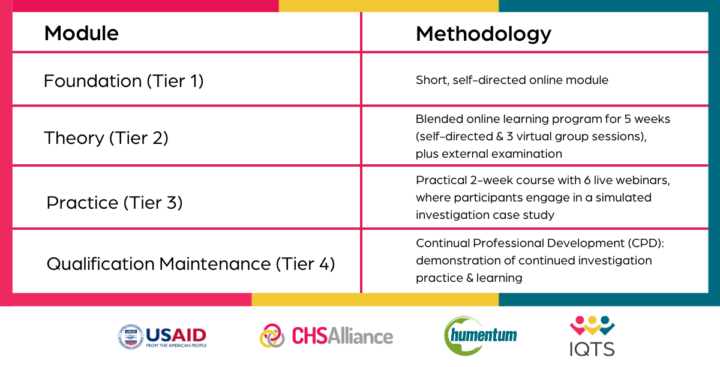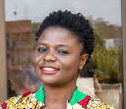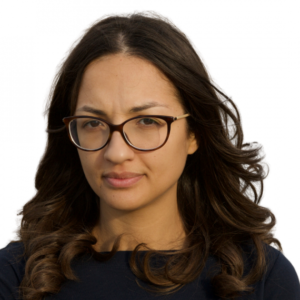Why do you do what you do? We typically ask one another this question to understand what drives people in their professions. Sometimes, the reason is practical, sometimes personal—for Talimba Bandawe, it embodies both. When she joined the global development sector, her early days were marked by challenging experiences that would shape her path.
From purpose to practice
At the beginning of her career, Talimba recalled visits from country representatives to programs in Malawi. As she noted, the safeguarding practices and internal reporting mechanisms in place at this stage were insufficient to effectively respond to and address sexual exploitation, abuse, and harassment (SEAH) incidents. Describing what followed, she explains:
“They would take advantage of young women, especially from local organizations, and say: ‘If you don’t get into a relationship with me, your organization is going to lose funding.’ That was really difficult. You’re placed in this complicated situation. What do you do? Where do you report? There was hardly anything.”
As the SEAH Harmonised Reporting Scheme (HRS) findings reveal, limited awareness of available reporting systems, mistrust, and a fear of identifying perpetrators are all barriers to underreporting SEAH. Alarmingly, in 27% of reported incidents, assistance to victims/survivors was found not to be available to start with.
A turning point in Talimba’s career came when an opportunity arose at a different organization a few years later. The experience presented a chance to broaden her safeguarding knowledge and included supportive training to develop her expertise in this area. Talimba saw the growing demand for a stronger safeguarding culture, and reflecting on her experiences, felt this should be her next step.
Besides gender programming, she oversaw the organization’s safeguarding agenda, including training staff and young volunteers to protect themselves from potential harm——a crucial responsibility given the knowledge that SEAH is perpetrated through power imbalance and inequality, especially gender inequality, which compounds the need for improved accountability and preventative safeguarding measures.

Trends in Sexual Exploitation, Abuse & Harassment in the Aid Sector: CHS Alliance has released a six-month update on patterns of SEAH within the humanitarian and global development sector
Supporting victims/survivors
As the sector started to take investigations seriously, Talimba decided to invest her time in the Investigator Qualification Training Scheme (IQTS) pilot training led by CHS Alliance: “I don’t think it’s a matter of waking up one day and calling yourself an investigator…you need specialized skills,” she says.
Understanding the complexities of SEAH cases and the urgency of ensuring appropriate support for victims/survivors, Talimba knew she needed to strengthen her skills and knowledge in the survivor-centered approach to investigations.
IQTS is a four-tiered course structured around the SEAH Investigation Guide. Learners must successfully complete Tier 2 and pass its exam before advancing to Tier 3.
“Tier 3 is not for the faint-hearted—it’s the most challenging Tier but very important because it’s the practical aspect…It’s not just attending webinars—you really have to be heavily involved and do the assignments.”

IQTS course structure


